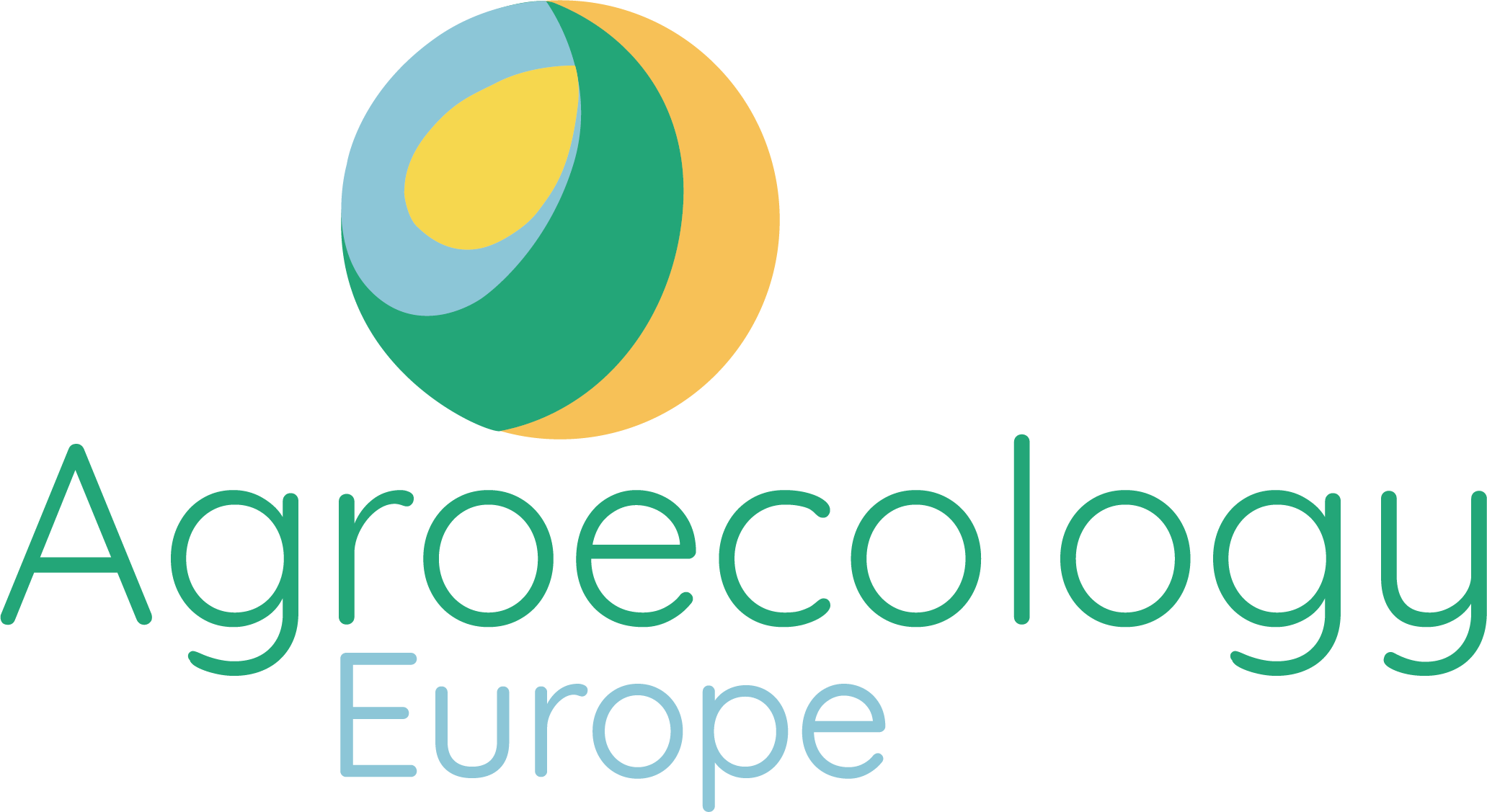Following some months of intensive work, Agroecology Europe together with its Youth Network are very pleased to announce you the release of its first report mapping a large number of agroecology initiatives in the European Union.
The objective of this Report was to identify agroecological initiatives in 11 European countries, such as Albania, Austria, Belgium, Croatia, France, Hungary, Ireland, Serbia, Spain, Sweden and United Kingdom, across the three pillars of practice, science and social movements.
This study has been jointly funded by the Fondation de France and the LIFE Operating grant for NGOs from the European Commission, and was conducted by the Agroecology Europe Youth Network (AEEUYN) supported by the board of AEEU.
This is the first Report of its kind, mapping agroecology initiatives with an innovative, participatory and multiscale methodology using CERAI’s criteria combined with the direct experiences, networks and local contacts of this multidisciplinary group. This study highlights for each country constraints and potential to scale out agroecology as a sustainable European response to the combined goals of increasing climate resilience, maintaining biodiversity, and providing food and economic security for all its citizens.
This mapping report is an overview of how agroecology is understood by different citizens (policy makers, farmers, members civil society, researchers, and consumers) and a rich collection of a variety of existing national agroecology initiatives that are vital, productive, and ready to pave the way for an agroecological transition of agriculture in the European context.
As economic, health, environmental and social crises are urging us to develop innovative solutions, this study can inspire many of us. We can learn that in Europe agroecology already exists everywhere, it employs many farmers and young people, maintains local biodiversity, water and soil resources, and can provide income and enough food of good quality for Europe. Through this study we can therefore understand that transition is possible and if we develop the accompanying actions, together we can design the sustainable Europe of the future.
Please find here the full Agroecology Europe Mapping Report together with the key findings & recommendations.
